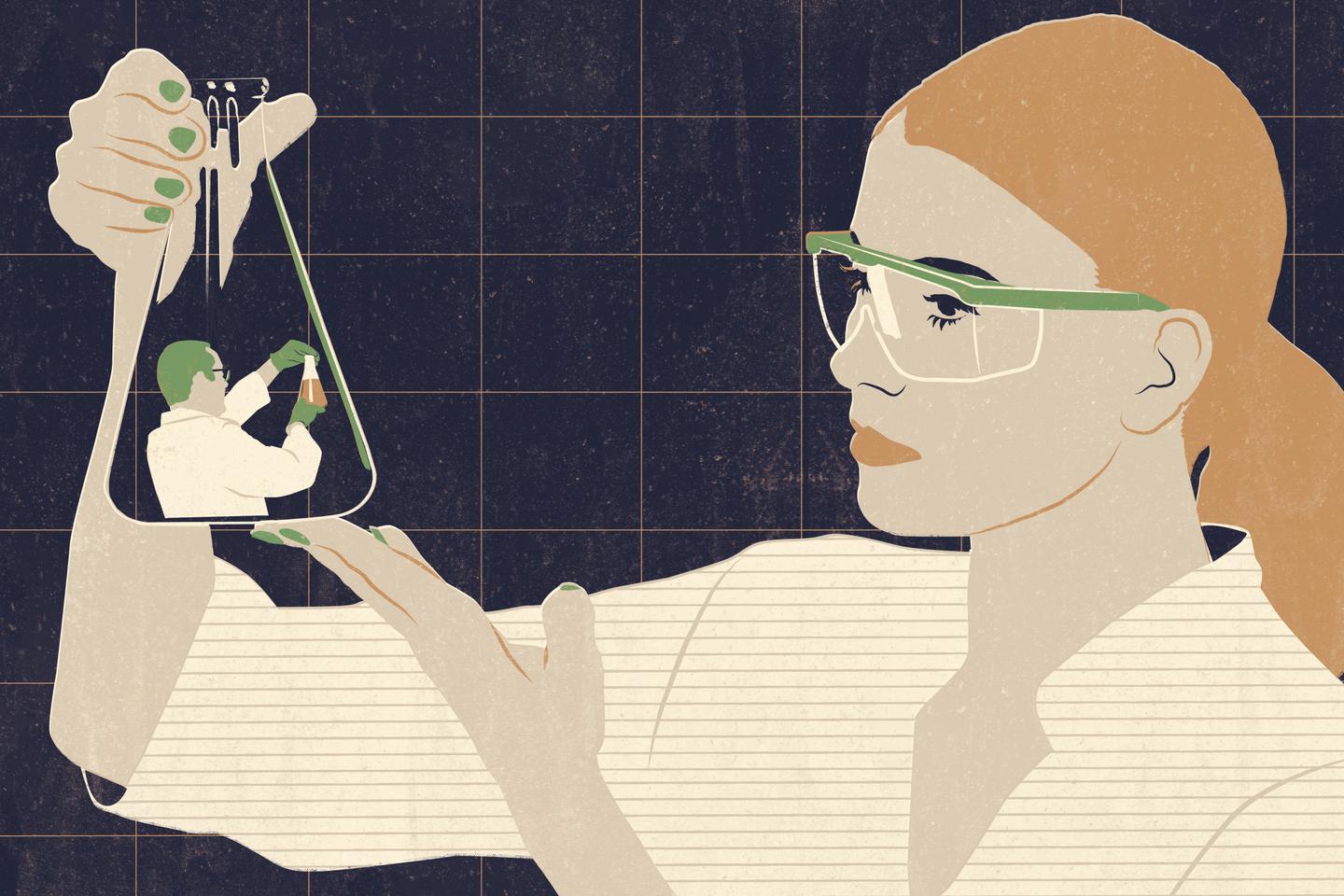


It promises to be a historic event. With just one month to go before the European elections, which are due to take place from June 6 to 9, the 27 European Federation of Academies of Sciences and Humanities (ALLEA) have decided to question all candidates for the European Parliament. This rare initiative is proof of the current disarray of European scientists in the face of rising populism, climate change denial and anti-vaccine ideology, along with a rise in misinformation. Furthermore and more concretely, they are also raising questions about tougher migration policies that threaten the free movement of researchers and students.
Meeting at the Academic Palace in Brussels on Monday, May 6, Belgium's Didier Viviers, Italy's Patrizio Bianchi, a member of the Accademia Nazionale dei Lincei, the Netherlands' Marileen Dogterom, president of the Dutch Academy of Sciences, and France's Alain Fischer, president of the Académie des Sciences, presented a jointly prepared letter entitled "The future of Europe depends on robust, open and free science and education."
"Five centuries ago, Galileo founded the Accademia dei Lincei, of which I am now a member," said Bianchi. "At the time, scientists had to be protected... Today, our 27 institutions are trying to remind European leaders of the importance of this sector for the future of the continent. The June elections will not be normal, they will be crucial in a context of great uncertainty."
"This is coming at a critical time," confirmed Tomasz Poprawka, from the Polish Academy of Sciences' liaison office in Brussels. He believes that "research is now one of the European Union's essential political pillars." In this letter, "we're not presenting anything new," agreed Fisher, "but we're insisting on the values and principles we believe in. It's the first time we've felt the need to position ourselves in this way before European elections, given the risks posed by the far right in particular, in terms of freedom of movement for researchers and students."
'Protecting the principles of academic freedom'
In their letter, they in particular said it was "essential to safeguard the open and international collaborative character of the scientific endeavor," which they said was "important for international relations beyond academia. Decision makers should refrain from raising discouraging barriers to this. They should protect the principles of academic freedom, the academic institutional autonomy and the open international exchange of people and information, while ensuring safe and sustainable working conditions for scientists and students at all times." This comes at a time when many political parties on the right and far right are promoting Europe as a fortress.
You have 27.08% of this article left to read. The rest is for subscribers only.
